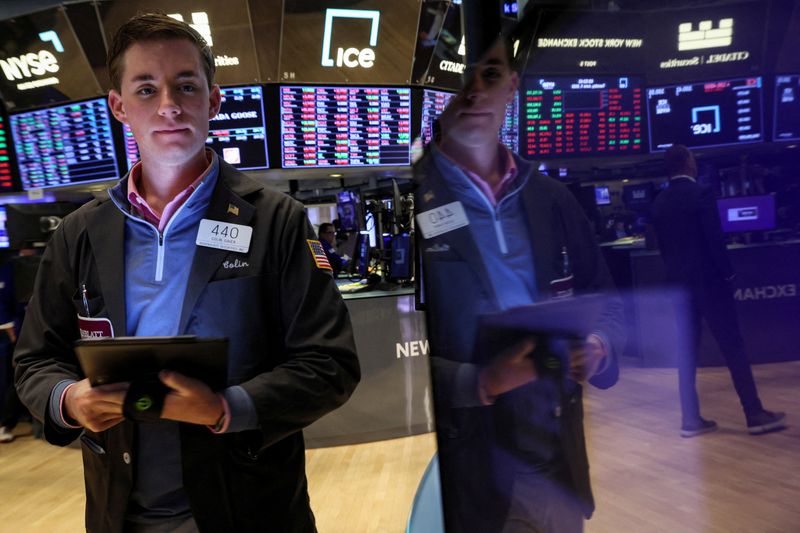The U.S. Bureau of Labor Statistics (BLS) reported that nonfarm payrolls increased by 142,000 in August, a figure that fell short of the anticipated 161,000 jobs. The report also highlighted a slight decrease in the unemployment rate to 4.2%, aligning with expectations.
July's job gains were slashed by 25,000, bringing the total down from the initial report. Moreover, June's figures were significantly revised, showing a decrease of 61,000 to a new total of 118,000 jobs added.
Despite the lower-than-expected job growth, average hourly earnings provided a positive note, rising by 0.4% over the month. This increase outpaced forecasts, which had estimated a 0.3% rise.
On an annual basis, earnings grew by 3.8%, slightly above the predicted 3.7%.
Reacting to today's data, the S&P 500 edged up as investors digested the August jobs report and its implication on U.S. monetary policy. Traders are now pricing in a 50% chance that the Federal Reserve will deliver a 50bp cut in September.
Here's what Wall Street economists have to say about today's jobs report.
Jefferies: "We had said that the bar was set quite high for the data to push the Fed for a 50 bp cut in September, and this comes nowhere close to clearing it. We would not go so far as to say that this should lead the Fed to consider passing up the opportunity for a cut at the next meeting, but there are more data points supporting that strategy than those that support a bigger cut."
Evercore ISI: "We think the Fed should cut 50 out the gates with this data, but the Committee is inertial and Powell may not have enough here to deliver 50, and may have to settle for a dovish 25 – presented as the start of a string of 25s at every meeting into Q1 with an avowed readiness to step up to 50 at any point including November if downside risks to employment mount."
Vital Knowledge: "The Aug jobs report isn’t as bad as feared, but it’s still pretty soft, with a low Establishment survey number and large neg. revisions to June and July. This release alone more than justifies the Fed going 50bp on 9/18 (and the case becomes even stronger when other recent reports are considered, like JOLTs, the Beige Book, etc.), not because the economy is crashing but instead due to it being at a crucial inflection point, with the soft landing at risk of turning into something worse without policy support."
